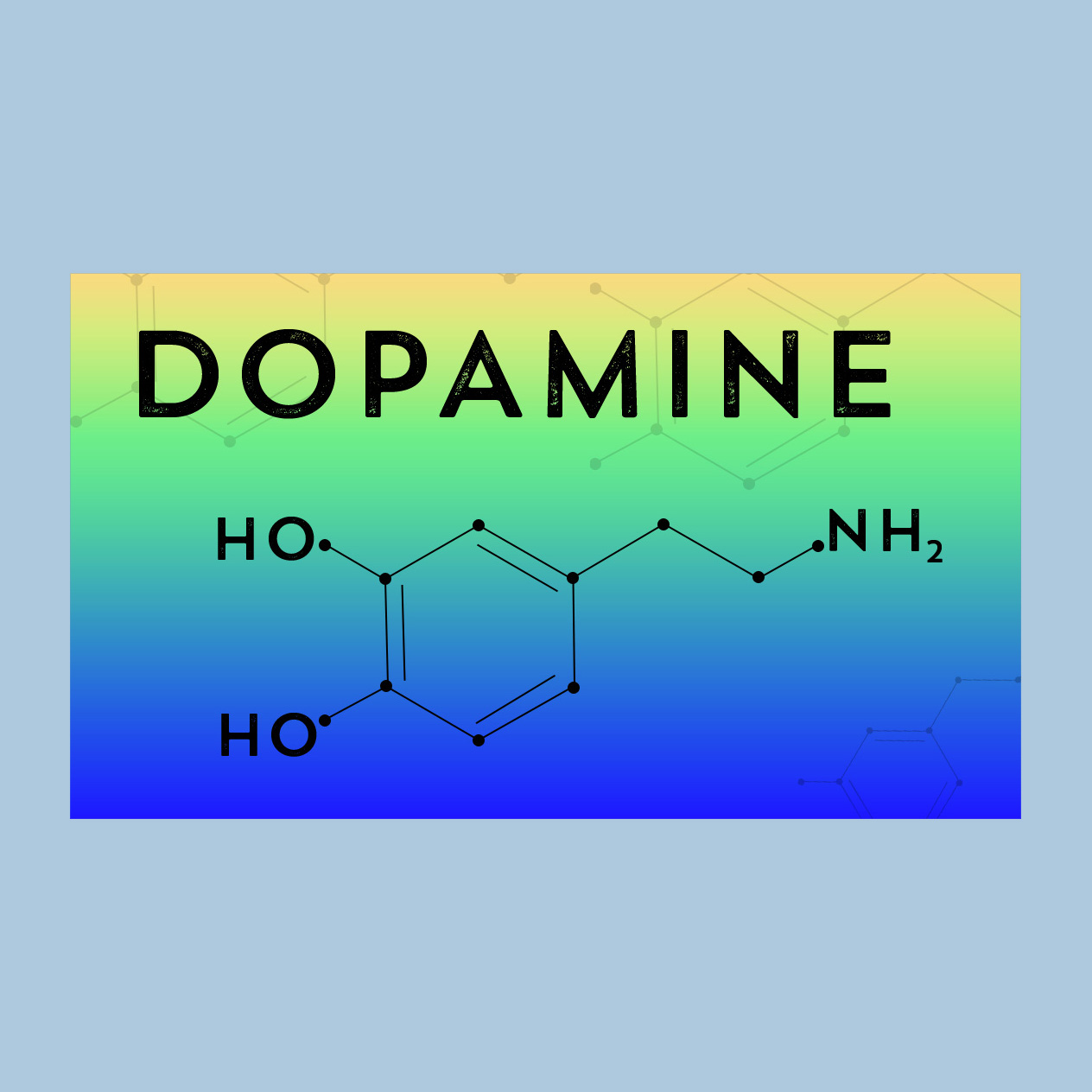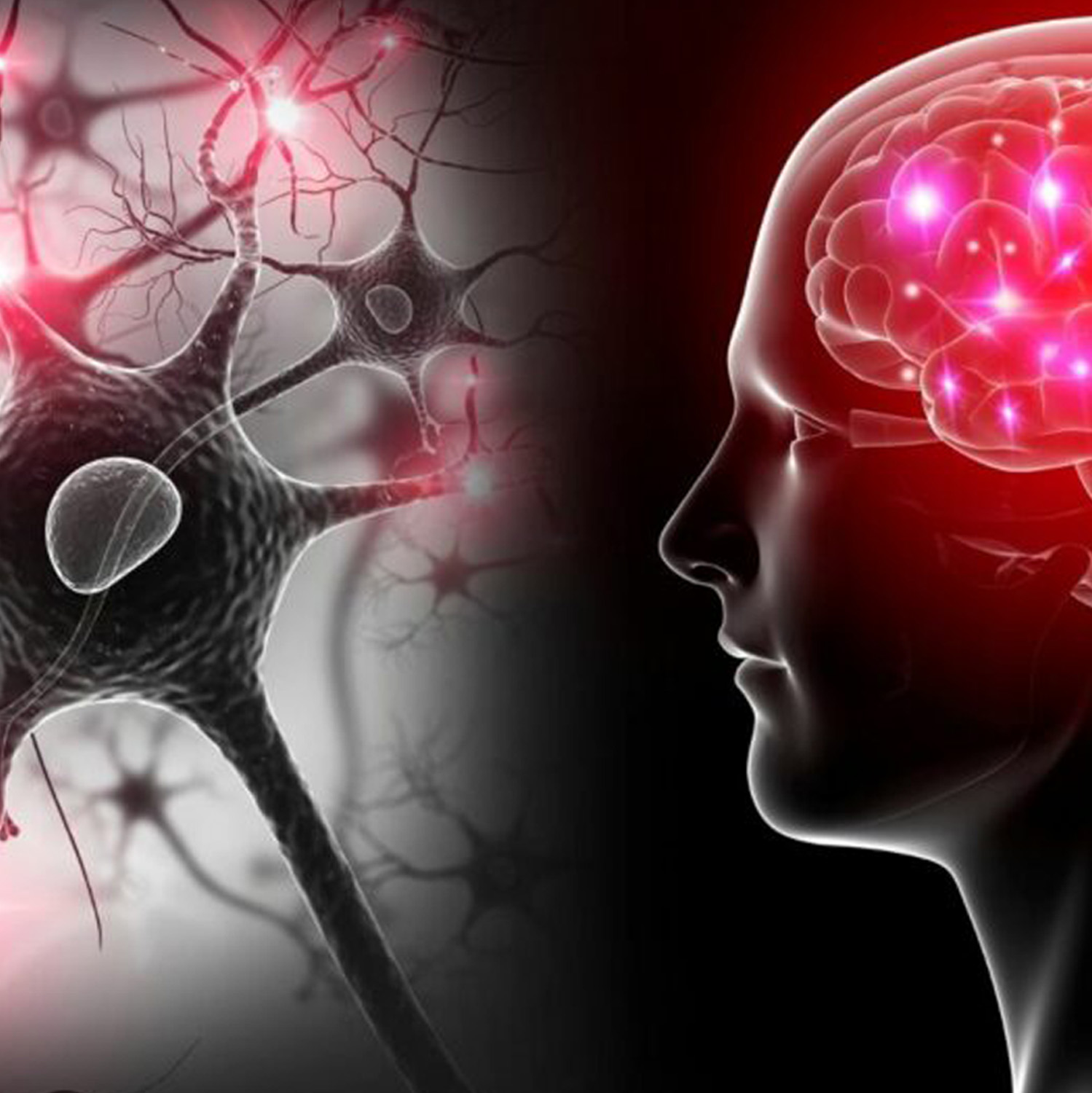Dopamine, serotonin, epinephrine, norepinephrine, acetylcholine, and oxytocin are all neurotransmitters, which are chemicals that transmit messages between nerve cells in the brain and throughout the body.
These neurotransmitters play important roles in various functions, including mood, motivation, attention, and sleep.
Here is a very brief overview of the differences between these neurotransmitters:
- Dopamine: Dopamine is involved in reward, motivation, and pleasure. It is also involved in movement and coordination.
- Serotonin: Serotonin is involved in mood, sleep, and appetite. It is also involved in memory and learning.
- Epinephrine (also known as adrenaline): Epinephrine is involved in the “fight or flight” response, which is the body’s natural response to stress or danger. It increases heart rate, blood pressure, and glucose levels to help you respond to a perceived threat.
- Norepinephrine: Like epinephrine, norepinephrine is involved in the “fight or flight” response. It also plays a role in attention, motivation, and mood.
- Acetylcholine: Acetylcholine is involved in learning, memory, and muscle function.
- Oxytocin: Oxytocin is involved in social bonding, attachment, and trust. It is also involved in sexual arousal and childbirth.
These neurotransmitters all play different roles in various functions, including mood, motivation, attention, sleep, and more. Dysregulation of these neurotransmitters can contribute to various mental health conditions, such as depression, anxiety, and ADHD.
Like mentioned, this is a very basic overview and introduction to some of the basic neurotransmitters that regulate and affect us and how you act in and feel about life.
In future posts I will be digging deeper into each of these.




